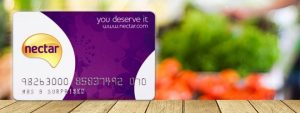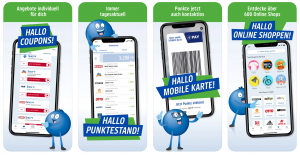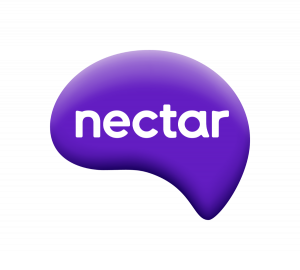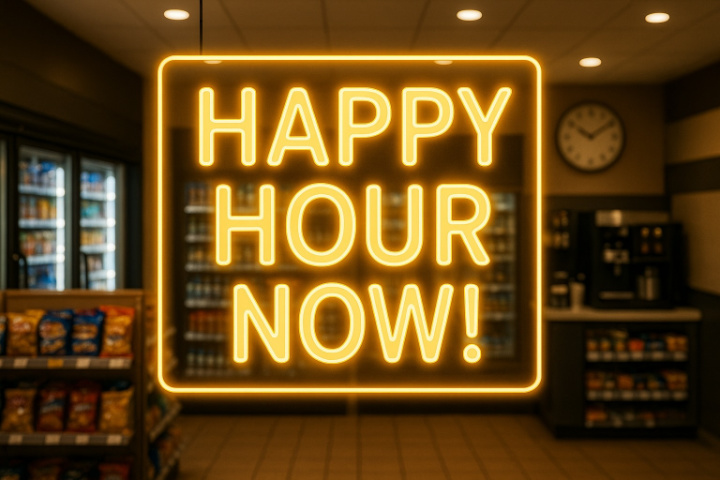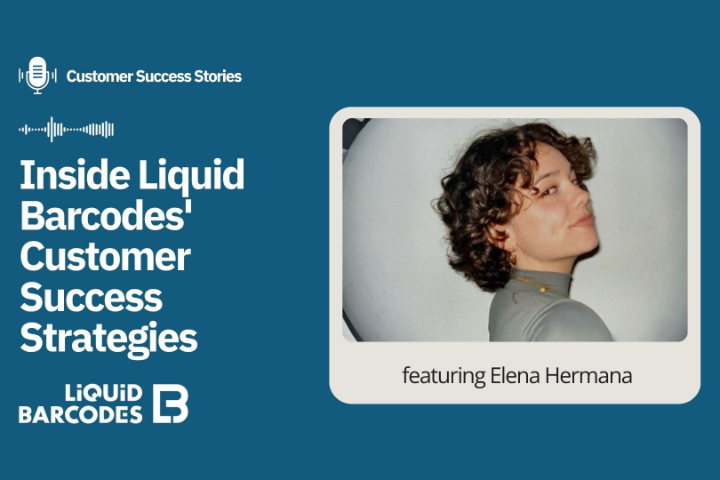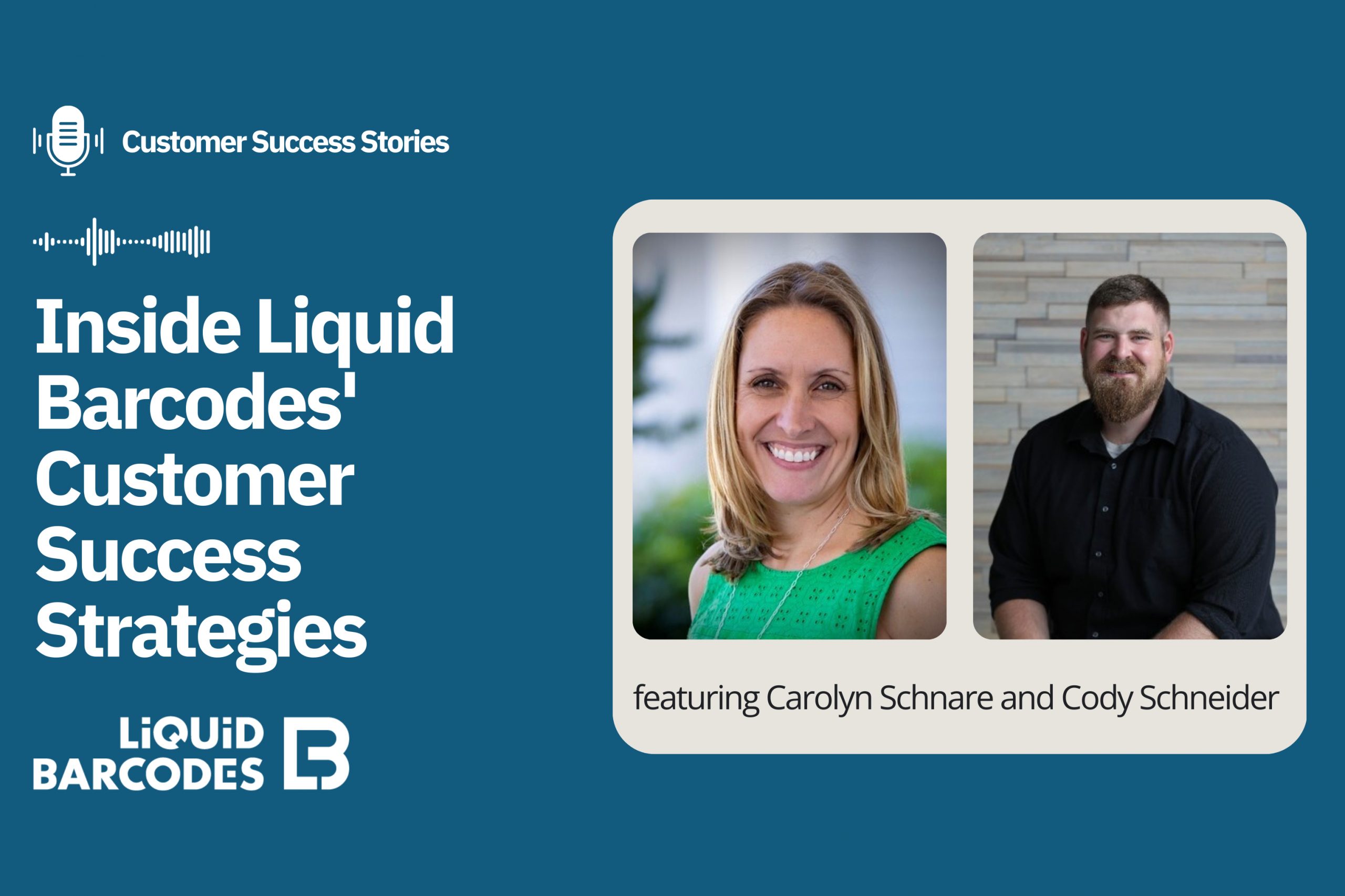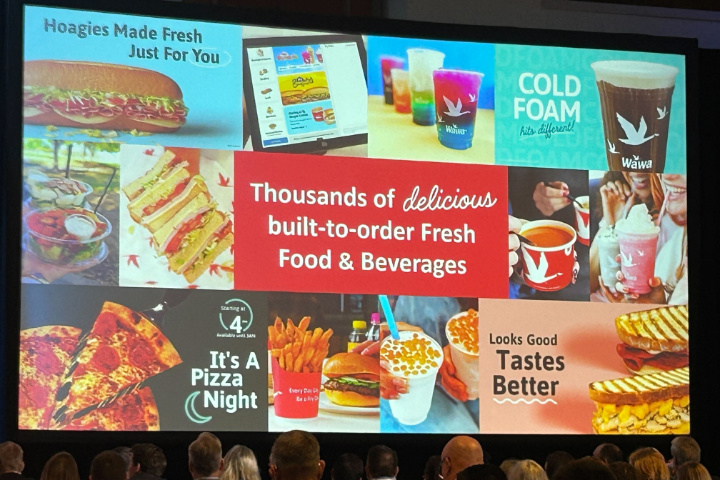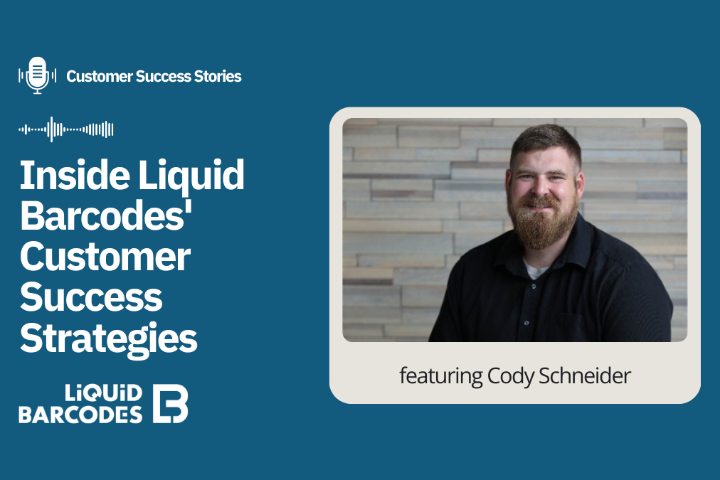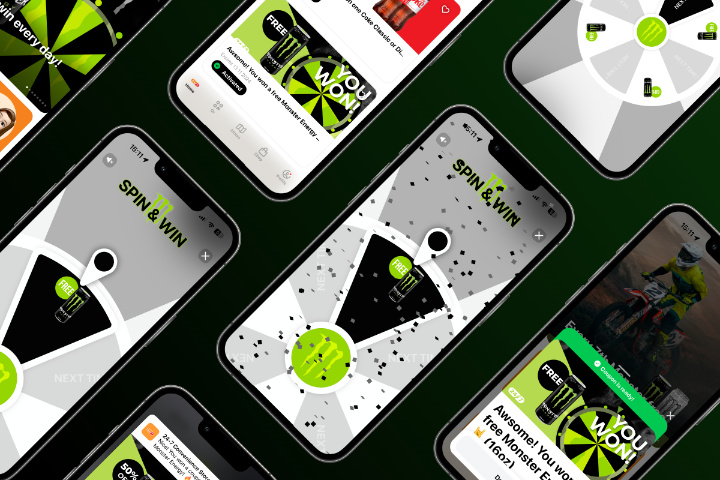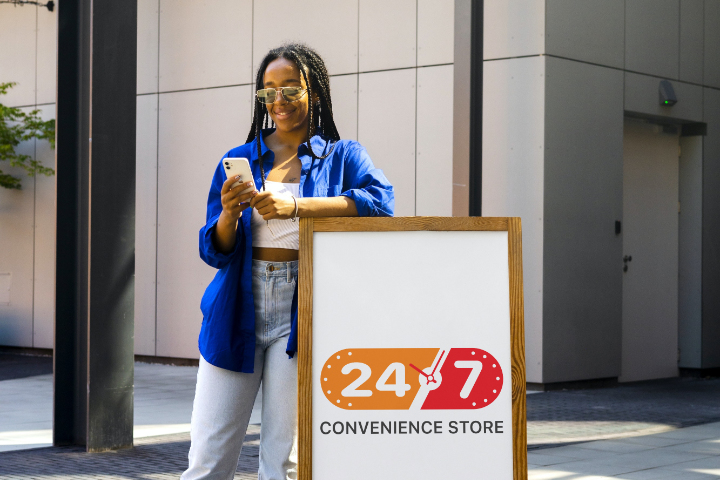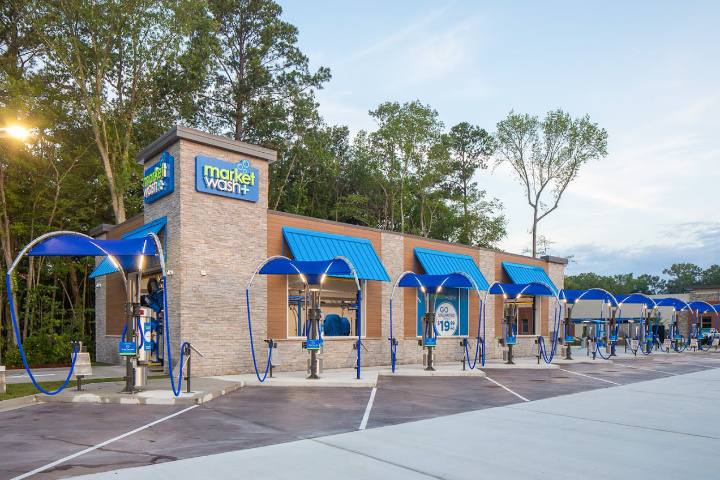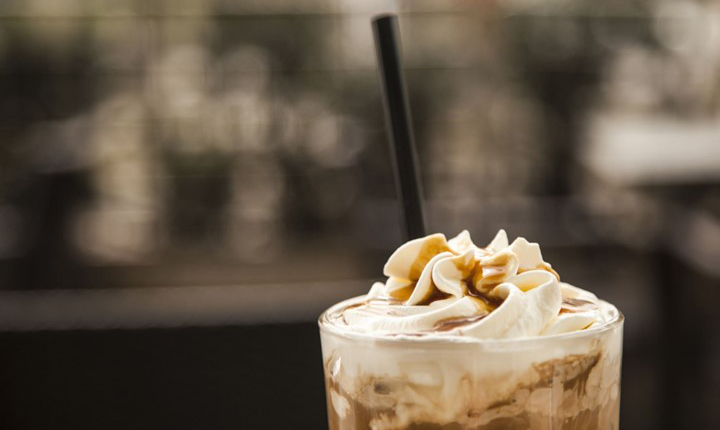A fascinating feature of most loyalty eco-systems worldwide, with the notable exception of the USA, is the popularity of coalition programmes such as Nectar in the UK, Real Rewards in Ireland and the Payback programme in Germany, as well as more recent examples such as Wiiv Rewards in Mauritius and Yuu Rewards in Hong Kong, which we wrote about here.
With the UK so often considered to be one of the most advanced loyalty markets in the world, we’re today discussing some of the key success factors that coalition programmes need to succeed, and what they deliver for partner brands and consumers.
Nectar boasts some impressive numbers, with 18 million active members (in fact 65% of the total UK adult population claim to be members) and an impressive partner portfolio that covers most segments of everyday spending such as Sainsbury’s for grocery customers, Esso as a fuel partner, eBay and Argos catalogue stores (one of the largest high street retailers in the UK), as well as hundreds of others.
And for consumers, it’s this breadth of coverage that is so appealing. Rather than needing to join, understand and maintain multiple loyalty memberships, their monthly spend can be aggregated into one single account and card. Simple proposition. Yet not at all simple to deliver.
A Brief History of Nectar
Nectar was launched in 2002 as a single programme that replaced and merged the existing loyalty programmes of Sainsbury’s, BP and Barclaycard as well as the high-street fashion brand Debenhams which did not have an existing scheme at the time. It boasted extra-ordinary loyalty industry expertise, being run as an independent company by the “Loyalty Management Group”, which at the time was chaired by Sir Keith Mills, the founder of Air Miles.
Five years later in 2007, Nectar was acquired by AIMIA (previously known as Aeroplan) for £368 million, and more than a decade later by Sainsbury’s itself for just £60 million, with the following explanation:
It’s a fascinating insight on the value on consumer data and also the challenges for loyalty programmes to access that data effectively within a coalition framework.
The Nectar Card is one of the most popular loyalty cards in the UK
Coalition Loyalty
As mentioned above, consumers love combining all of their typical monthly household spending into one single loyalty programme. This includes their grocery budget, their fuel spending and banking, as well as less frequent but more aspirational categories such as travel and fashion. For consumers, the key benefits of a single loyalty programme include:
- Simplicity – customers only need to register and manage one programme, with one card or app, and one account to monitor and understand.
- Speed to reward – customers are often frustrated when it takes a long time to earn a reward. A coalition like Nectar ensures consumers enjoy both variety and momentum from the partners – and this often means that they consciously behave in ways that help them reach their points and rewards goals more quickly.
For brands, the key benefits include:
- Access to data outside their own business. This helps brands understand their customers even more, and also enjoy the permission needed to acquire new customers of a similar profile from their partners in non-competing sectors.
- In the past, loyalty technology and operational costs were extremely complex and expensive. Few platforms existed that could support the needs of large enterprise businesses, and the communications costs to send direct mail to members were often prohibitive, so a coalition programme allowed these costs to be shared between partner brands.
The Payback app in Germany is used even more than Whatsapp
Trends in Coalition Loyalty
- More and more brands prefer to bring loyalty in-house rather than trust a third party to create access and connect with customers. Some examples of this include British Gas (they left Nectar in 2015), BP (left Nectar in 2019 after a sixteen-year partnership) and Homebase UK which decided to focus on a discount strategy rather than investing in any loyalty programme. Even Aeroplan, the loyalty programme of Air Canada was re-acquired by the airline after attempts to build its own programme proved challenging.
- As technology solutions become more agile and affordable, and communications have become digital, there are fewer reasons to navigate the complexity of multi-brand marketing agreements in order to connect with their customers. Many of the latest coalition programmes are launched by conglomerates who own multiple companies across a variety of sectors. For example, Yuu Rewards in Hong Kong is owned by Dairy Farm International and operates grocery, pharmacy, retail and hospitality brands, and this simplifies the process and likelihood of forming mutually beneficial partnerships. They only partner externally in sectors they don’t operate themselves (eg banking).
- Brands are looking to their partners to help increase the value of points to their programme members. For example, Nectar points when used in Sainsbury’s are worth 0.5p (half a penny), so 1,000 points give £5 off a shop if they redeem them there. However, through a partnership deal with Pizza Hut, 1,000 Nectar points could get you a free pizza (usually worth over £13) so the customer’s experience of the Nectar programme is significantly enhanced. This strategy works well when a higher-margin business is also focused on customer acquisition and can fund tactical campaigns without incurring long-term points liabilities on its balance sheet.
Future Focused
As consumers seek simplicity, and greater points liquidity (or ease of use), there is potential for growth in coalition programmes, however, the trend towards owner/operator such as Sainsbury’s Nectar programme seems to be the most obvious model for multi-partner programmes in the future. By eliminating the overheads of an external programme operator with its own profitability objectives, partners can focus on adding value for members, allowing membership and engagement levels to flourish.
About Us:
Liquid Barcodes is a leading global loyalty and digital marketing technology company specialising in the convenience store and foodservice industries. Our proprietary cloud-based technology platform allows retailers to create and manage their digital marketing campaigns with a proprietary process we call the “customer connection cycle’ to engage, promote and reward customers’ activities in real-time across digital and media channels.
How we do it:
We have developed the most advanced loyalty and digital marketing technology platform specifically for convenience store and foodservice retailers globally.
Retailers use our self-service dashboard to create and manage loyalty-driven marketing campaigns that increase purchases with their existing customers, as well as effectively target and acquire new customers through partners or paid media channels.
One core component of live loyalty is gamification. We have gamified branding, loyalty and promotions. We believe this approach is essential in order to get customers’ attention and ultimately truly engage them with repeatable actions thereby winning their loyalty.
Check out some of our exciting/proven results here:
About Me:
Chief Content Officer, Liquid Barcodes and Host of “Let’s Talk Loyalty” Podcast
With over twenty-five years of marketing experience, I specialise in loyalty marketing content. In addition to working with Liquid Barcodes, my consulting clients have included Telefonica O2 Priority, Three Mobile, Electric Ireland, Allied Irish Bank and The Entertainer Group (UAE), as well as Avios – the global points currency for some of the world’s top airlines. I am also a former judge for the Loyalty Magazine Awards and proud host of the “Let’s Talk Loyalty” podcast – the industry’s first podcast for loyalty marketing professionals.
—————————————————————————————–



